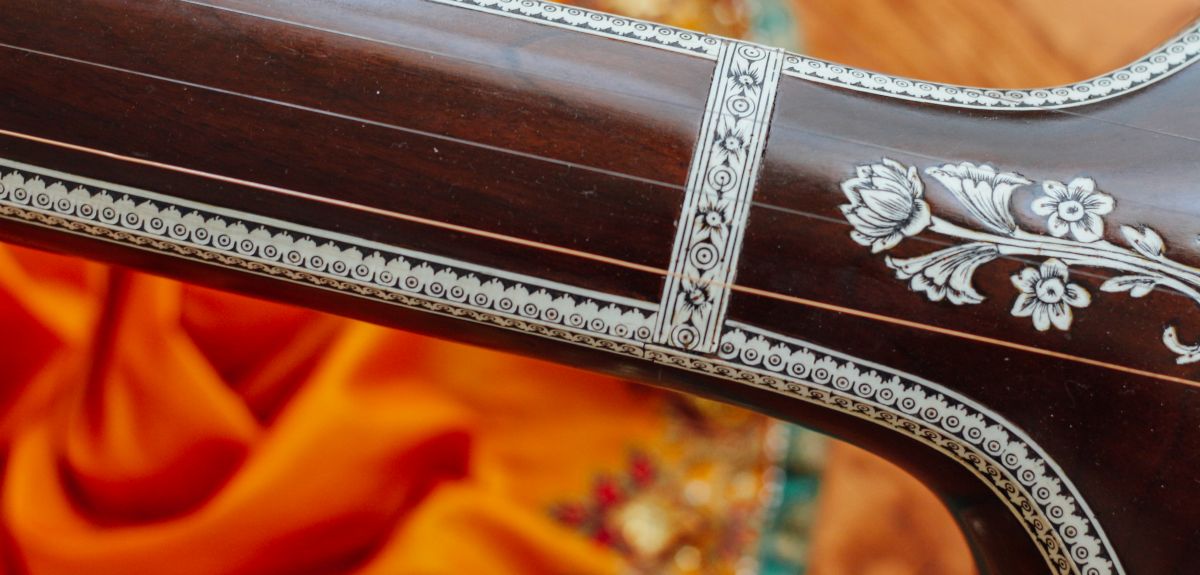
Image credit: Shutterstock
Artistic Licence: Exploring the sounds of South Asia
Des Oliver is a composer and has recently completed his doctorate in composition and critical writing at Worcester College, Oxford. He is currently the curator of the Oxford Music Faculty's 'Sounds of South Asia' series. Des went into music because he is creative but says 'it could have been anything: painting, music, architecture, anything that involved creation'.
The 'Sounds of South Asia' series is a new addition to the events calendar at the Faculty of Music that came, according to Des 'out of a long journey with many legs'.
During study for his DPhil in composition, Des had to complete both a thesis and a portfolio of work. His thesis concentrated on a 20th-century French composer called Olivier Messiaen and on post-colonial discourse in art – particularly the ethics of cultural appropriation by musicians. It was important to Des as a way to consider and challenge his own cultural appropriation and to open a dialogue as to why artists do it.
The final part of his thesis was to consider cultural appropriation from a viewpoint other than his own – a Western classical composer – so he contacted Dr Shruti Jauhari, an Indian Hindustani vocalist. This meeting led to the formation of the 'Sounds of South Asia' series and Dr Jauhari's performance in the first concert.
The first concert of the series on the theme of 'appropriation, cross-pollination and cultural transmission' took place in April at Oxford's Holywell Music Room. This was formed of three parts: first,
Maurice Delages' del Quatre poèmes hindous (Four Hindu poems), each named after a city in India that he had travelled through during his tour of the country in 1911-1913. The third part was a traditional Hindustani work performed by Dr Jauhari. Between these two pieces was a composition of Des's own, Malli Kamoda, which was created to act as a bridge between the Western composition and the Hindustani, pulling in aspects from both.
'The most interesting part of setting up this series has been seeing how very different artists share similarities, how different traditions like to push the envelope and challenge themselves,' says Des. 'I was also overwhelmed by the amount of interest we have had in the series from BME students around the University and from schools throughout Oxford who have been in touch to set up workshops around this topic.'
Des's next aim is to get funding in order to record his Malli Kamoda piece so that more people can experience the mix of cultures that the piece covers. He is also writing a monograph based on his thesis, concentrating on Messiaen and cultural appropriation in music.